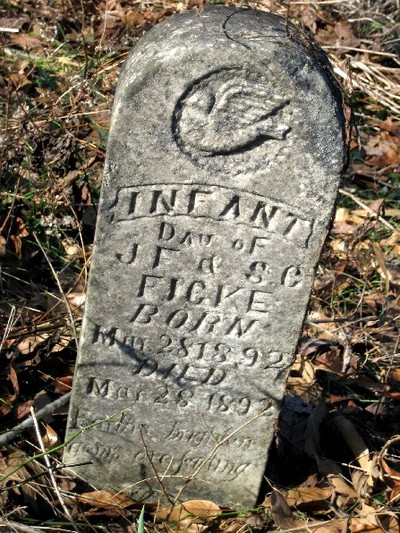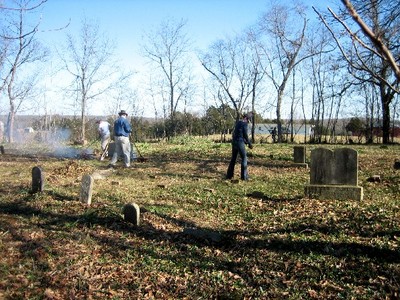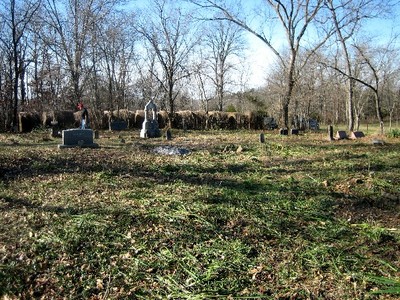1989 was my first Father’s Day as a dad myself (thanks, Mall Diva). As a first-timer that June I wrote a letter to my father that included the following:
There are things about growing up that can’t be explained to — or understood by — the emerging adult. At those times the elders can only say “Wait until you have kids of your own” to indicate the unseen forces and emotions that will one day come into play. It is an enigmatic, somewhat ominous, prophecy born of instinct, experience and intuition. Given enough words, it can be described but not experienced. Given enough experience, it no longer needs to be described.
The revelation of being a Father, to accept the title that has always belonged to someone else, is almost dizzying. The family armor, passed on for generations, has been taken off the wall and handed to you with your banner. It is your turn.
Some find their armor rusty and decrepit. Corroded by years of venom, its surface has been marred by each coat of blame and accusation they have applied over the years. These men will always find their armor ill-fitting and uncomfortable. Never having learned or cared where the weak points are, they don’t know what parts need to be reinforced, what parts need extra care, what parts need to be protected the most. They clank and creak into battle already spiritually defeated, blaming the previous owner, and scarcely able to defend themselves, let alone carry out their sacred charge. Some even abandon the field completely, leaving it (and the next generation) to the enemy!
Others will be blessed and even surprised to find their armor in good shape, and not nearly as big on them as they thought it would be. Oh, there’s a scratch here, a small dent there, but these only serve to reinforce the necessity of such gear. These men are properly outfitted and equipped, and where necessary they have taken it upon themselves to repair or replace whatever they see missing. Respect, and a good teacher, have kept the pieces oiled and in good working order.
I have been thinking about armor lately; thinking about how it’s something worn on the outside as protection against the things that would pierce or cut us, the mortal thrust to our vitals from an external foe. But what about the poisoned blade that comes from inside?
Think about the wonderful design of our bodies; how they easily and automatically handle the vital chores of our survival: respiration, digestion, circulation, even healing and restoration. From the time we’re in the womb our bodies perform countless tasks dedicated to our survival, including resisting infections and toxic interlopers. In today’s vernacular, you could say our bodies “have our back.” How cruel and crushing, then, for our closest friend and ally to turn on us, for our very own cells to go rogue, even to the point of using our own defenses against us.
And how quickly it can happen! The doctors estimate that from the time my father’s mutinous lymphocytes first went over the wall to the time he was diagnosed with Stage 4 lymphoma (lymphoma in multiple locations above and below the diaphragm) was only about two months; this in a person who was undergoing nearly constant check-ups and monitoring due to a previous bout with prostate cancer and a heart-valve replacement a couple of years ago. What can you do?
Then again, maybe there is an internal armor and a toughness after all. Cancer is an insidious foe that, along with the measures used to combat it, strips away virtually every visible vestige of one’s dignity. I know heart attacks can be devastating and life-changing and leave you weak as a baby, but at least they leave you with your hair. The chemo takes your hair and your appetite and nearly every illusion you have about being in control of your own body. When I was down to see my dad in June he still pretty much looked like himself, but the stress of the pain and the effects of the pain-killing medication caused him to throw up — much to his dismay. “I haven’t thrown up in more than 30 years,” he said. At one point when I went to see him in September he was throwing up every 30 minutes. Rather than lurching into the bathroom each time he had fashioned a bucket from a one-gallon plastic milk jug and used that. The first time I went in to assist my mother he was sitting up in bed, spitting up into the bucket. He was well past the point of feeling embarrassed, he just gave me a matter-of-fact look over the lip of the jug and went about his business.
He’s lost his hair, and more that 40 pounds from a frame that can barely spare it. He’s been poked with needles and IVs so many times the nurses can barely find a vein that won’t collapse and there’s scarcely a bodily function he can perform without an audience, yet he still jokes with the nurses even if his voice sometimes sounds more like his 100-year-old mother’s than his own. He struggles to swallow his food, and to keep it down even when he does, yet he’s drawing sustenance from his will and a determination not to give up no matter what fresh hell the day brings, and doing it with a grace that I never would have expected in him.
We think of armor as being made of metal. Apparently, it has more to do with mettle.














